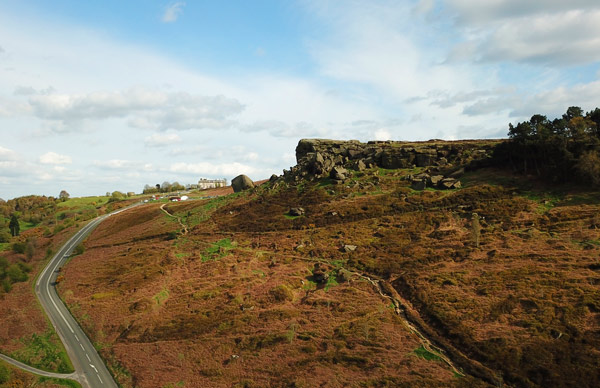
A Sense of Place
As you stroll to your local cafe or perhaps simply take an amble in your park you’ll likely take your surroundings for granted. What you don’t realise is that by you simply being there, part of that micro-climate and community, interacting in your own unique way, you are adding to its ‘sense of place’.
What defines a ‘sense of place’ originates in the characteristics that make a place special or unique to you, as well as those characteristics that foster the sense of human attachment and belonging.
Understanding how a sense of place develops and changes is relevant to understanding how people interact with their environment and it’s also worth considering how this interaction can be stimulated and actually guided by the place itself in terms of branding, promotion and marketing.
Creating a ‘place’ involves finding its spirit and its soul, whether we are talking about a wine bar, health spa, an open space, luxury hotel or even a whole town. This search often draws from the unique, distinctive and cherished aspects of a place; those that are celebrated and recounted in anecdotes, stories and celebrations.
The spirit we seek is also found as much in the invisible weave of culture; the memories, beliefs and histories, as it is found in the tangible physical aspects of a place such as the food, drink, furniture, architecture or landscape. This is all strengthened by very personal aspects such as experiencing places with friends, kindred spirits, relatives and the like, all of which foster the memories we fondly cling to in life.
What is key to remember however is that you can’t force somewhere to be a ‘place’. A building in isolation, a bar, a village; they are all defined by their locale, their surroundings, their patronage and make up. People are not naive, they seek authenticity in a place, not consumerism or commercial trappings.
From a marketing perspective we want to make people believe in and appreciate their surroundings and more so ensure we work with the planners that create environments where people feel comfort and belonging in a place, whether that be briefly for an hour or a relationship forged for life. If people enjoy a place and it has led to a positive emotion, then they will re-visit or return. This sense of returning frequently and having deep connections makes the ‘space’ become a ‘place’ of meaning.
In essence a ‘place’ must ultimately form its own identity and its own urban character, if it is unsure as to what it is, who it is and how it plays a part in the stories and lives of its patrons, residents and those that rely on it for their livelihood, it will surely fail to immerse itself in lives of those individuals.
Working with clients to understand spaces and ultimately places is what we do, and we do it very well. The coming months will be seeing several place based marketing projects through our creative hands in a variety of forms, a real source of passion for our team, allowing us to explore communities and businesses large and small.

